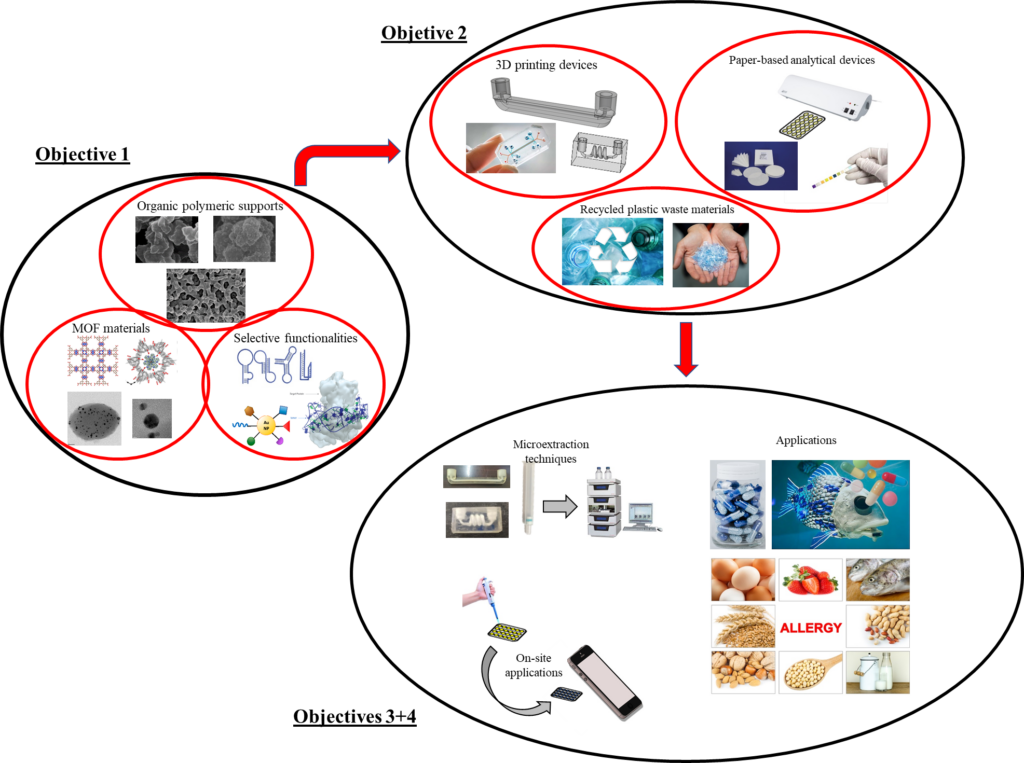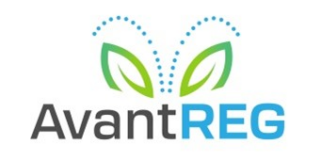
The growing presence of hazard compounds in food and environmental samples, which can pose a serious threat to human health and animal life, has highlighted, in the last years, the need of competitive and efficient analytical methodologies with enhanced features able to monitor, assess and control these compounds and their associated health risks. Despite the advancement made in Analytical Chemistry
field and other disciplines in the last years, it is still required the development of green and sustainable procedures (with improved characteristics as selectivity and sensitivity), which be applicable to the different instrumental systems and problem solving. In this project, the development of novel advanced functional porous materials with enhanced features (retention, loading capacity, and selectivity, among
others) adaptable and flexible to different devices is proposed, aimed at promoting the development of efficient, competitive and sustainable analytical methodologies (in microextraction techniques and on site analysis fields) for food and environmental applications.
For this purpose, novel preparation strategies devoted to hybrid monoliths (with nanomaterials and selective ligands) and affinity metalorganic framework-based materials will be adopted (Objective 1). The resulting advanced porous materials with functionalities designed on demand will be integrated into low-cost and sustainable formats (3D printed supports, paper-analytical devices and waste plastic materials)
for microextraction techniques and on-site analysis (Objective 2). The design and set-up of these devices will lead to the development of competitive analytical methodologies for the identification and determination of allergenic proteins in food samples (Objective 3). Also, analytical methodologies will be described and implemented in the field of evaluation of emerging pollutants in the aquatic environment
(Objective 4).


